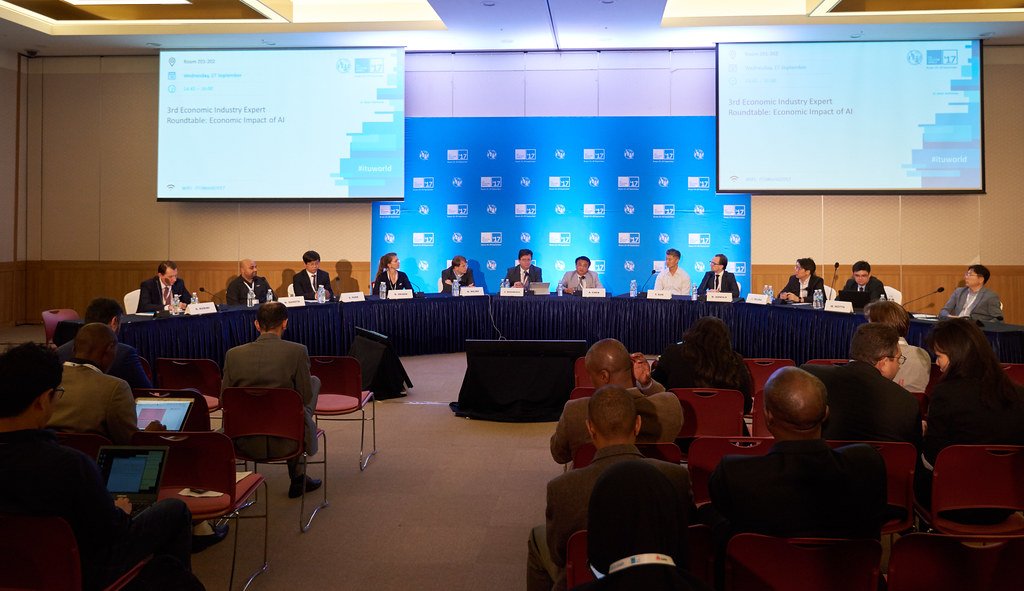Amidst the hustle and bustle of China’s urban landscapes, one industry has been brewing quietly but steadily: the after-school tutoring sector. Long seen as an avenue for students to secure a competitive edge in the nation’s intense examination culture, it has grown into a multi-million dollar industry. But change is in the air, and this thriving industry now faces a reckoning of unprecedented scale.
New Reforms Stir the Waters
In the latest series of regulatory reforms, China has announced stringent measures against unlicensed after-school tutoring institutions. Starting mid-October, these unregulated tutoring businesses stand to incur heavy fines up to 100,000 yuan (approximately US$13,710). This move is a part of the broader campaign initiated by President Xi Jinping to recalibrate the education sector.
The Ministry of Education, in a recent release on its website, clarified the intent behind the crackdown. The essence is simple: compliance and accountability. There’s a need to refine the legal landscape surrounding after-school tutoring, making sure it’s transparent, regulated, and fair. While the focus remains on bringing the rogue players to book, the ministry acknowledges the significance of safeguarding institutions that adhere to the guidelines.
The Rise of the After-School Tutoring Industry
To understand the magnitude of this reform, one must look at how central after-school tutoring has become in modern-day China. The aspirations of the rapidly growing middle class have inadvertently fuelled the rise of this sector. As families seek better prospects for their children, tutoring has emerged as an essential service. It’s not just about acing exams; it’s a gateway to a superior life and an enhanced societal status.
However, the proliferation of such services has been both a boon and a bane. The relentless demand has led to a surge in the number of tutoring institutions, many of which operate beyond the purview of existing regulations. To address this imbalance and ensure quality, the “double reduction policy” was rolled out in July 2021. The policy had twin objectives: to alleviate the academic pressure on students and to ease the financial strain on families. Its introduction sent shockwaves through the sector, resulting in the shutdown of numerous businesses and massive layoffs.
Tackling the Non-Compliance Issue
But, as with any significant reform, challenges persist. Even two years post the introduction of stringent policies, several tutoring services still manage to dodge the regulatory net. Such establishments often resort to covert methods to elude authorities. Whether it’s cloaking their operations under the guise of ‘domestic services’ or leveraging online platforms for fee transactions, the modus operandi is clear: stay under the radar.
The ministry is no stranger to these tactics. The updated regulations are comprehensive, targeting not just the primary offenders but also entities aiding them. Be it venues that host such illicit tutoring sessions or online platforms that facilitate their services; all are now under the scanner. And it’s not just about licensing. Any deviation from the stipulated ‘socialist education direction‘ or acts that obstruct the nation’s education policy could result in license revocations.
Xi’s Vision for Education
This wave of reforms is more than just an isolated incident. It’s a reflection of President Xi Jinping’s broader vision for China’s education system. For Xi, the unregulated expansion of the private education sector has been a cause for concern. He has often critiqued it for flouting the basic principles of education and for introducing chaos into what should be a structured domain.
In 2018, he voiced his reservations about the sector, condemning it for violating education laws and for derailing the intended trajectory of the education system. Under his leadership, the plan to “rectify” the education sector has gained momentum, emphasising stricter governance and enhanced ideological influence.
Beyond the structural and licensing aspects, content remains a focal point. Teaching materials, promotional content, and other relevant resources used by these institutions will now be subject to ministry-sanctioned checks and approvals. This ensures alignment with the state’s education vision while maintaining a high standard of quality and relevance.
Conclusion
The journey of China’s after-school tutoring industry, from its meteoric rise to its current state of recalibration, is emblematic of the broader shifts in the nation’s socio-economic landscape. As China grapples with the challenges and opportunities of its rapid development, sectors like education remain pivotal. Balancing the scales of growth, quality, and regulation is a daunting task, but with these reforms, the nation signals its intent to prioritize holistic education over-commercialization.
As the industry navigates these transformative times, the message from Beijing is clear: adapt, comply, and align with the national vision. Only then can the true potential of education, as a means to empower the next generation, be realized.
Read More:
